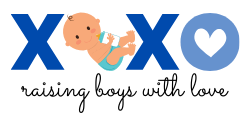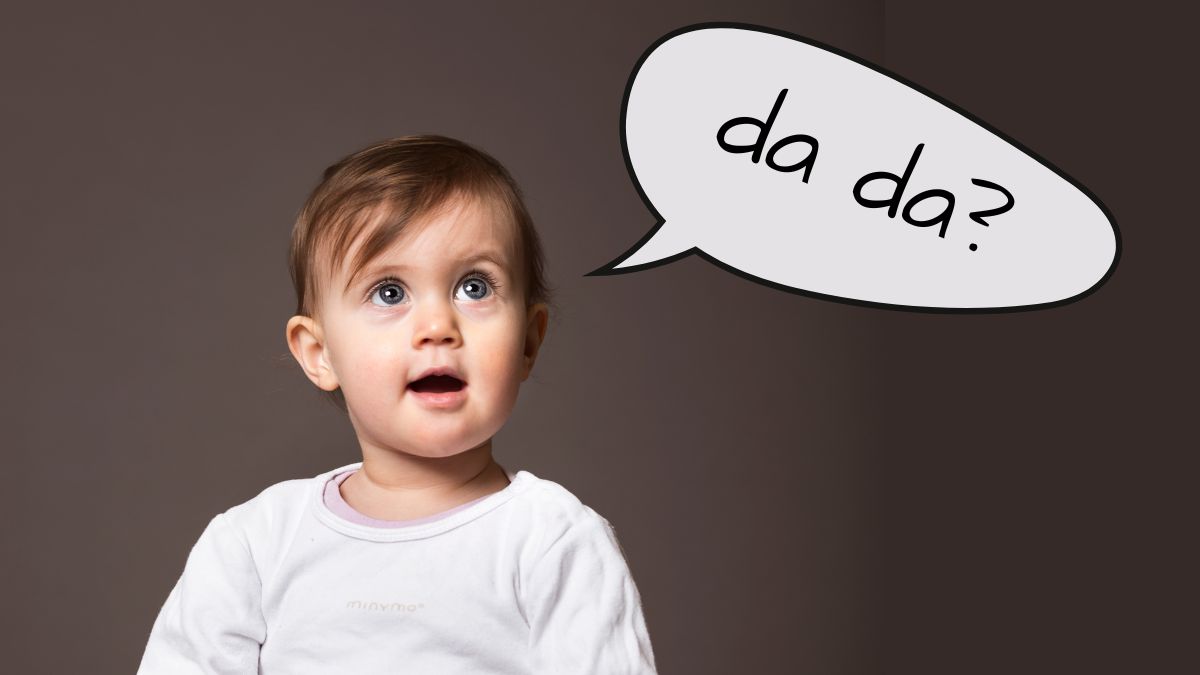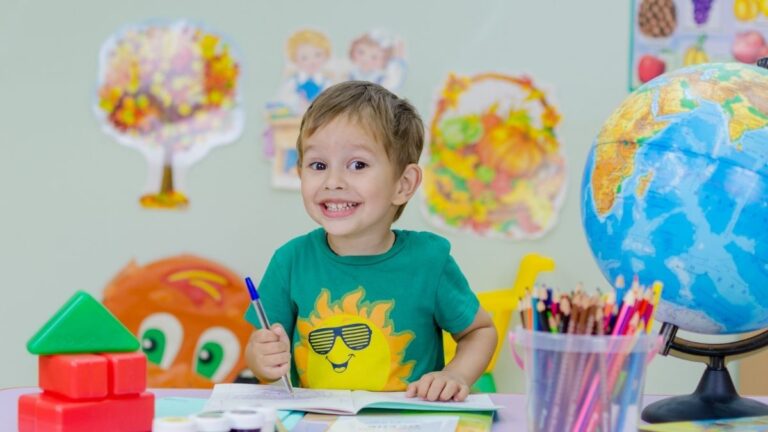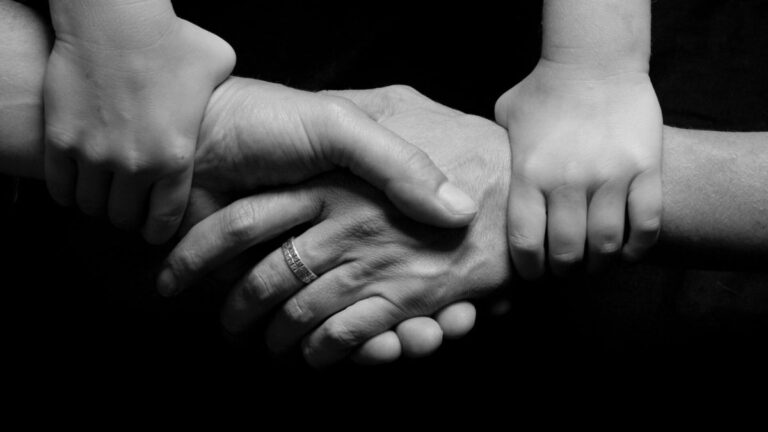Understanding Speech Delay in Children: Causes, Identifying Signs, and When to Seek Help
Speech and language development is a crucial aspect of a child’s overall growth and communication skills. However, some children may experience delays in their speech, which can cause concern for parents and caregivers. Speech delay refers to a delay in a child’s ability to produce speech sounds, use words, and communicate effectively.
Let us explore the causes of speech delay, the potential impact on twins, signs and red flags to look out for, differentiate expressive speech delay from reluctance, differentiate autism from a delay in speech, and finally, discuss when it’s time to seek professional assistance.
What is speech delay in children?
Speech delay occurs when kids do not reach the typical mapped-out milestones for speech and language development within the expected timeframe. This delay can affect various aspects of communication, including articulation, vocabulary, grammar, and social interaction. While each child develops at their own pace, a significant delay in speech milestones may indicate the need for further evaluation and support.
What is the cause of speech delay?
A delay in speech can have various underlying causes. Some common factors include:
- Developmental Factors: Delayed speech can occur as a part of a child’s normal development. Some children simply require more time to reach their speech milestones, and their language skills eventually catch up.
- Hearing Loss: Hearing impairment, even mild or temporary, can significantly impact speech development. If a child cannot hear well, they may struggle to imitate sounds and learn new words.
- Oral Motor Issues: Difficulties with muscle control and coordination in the mouth, tongue, and lips can affect a child’s ability to produce clear speech sounds.
- Cognitive or Intellectual Disabilities: Some developmental disorders, such as autism spectrum disorder or intellectual disabilities, can be associated with speech delays.
- Environmental Factors: Limited exposure to language stimulation or lack of opportunities for verbal interaction within the child’s environment can impede speech development.
Do twins suffer from speech delay more than the average child?
There is a higher likelihood of speech delays among twins compared to singletons, primarily due to factors such as genetics, prematurity, and shared environmental conditions. Twins are often born premature or at a low birth weight, which can increase their risk of developmental delays, including speech delay. Additionally, twins may have less individual attention and exposure to language input, which can impact their language development. It doesn’t help that they don’t need verbal cues to understand each other and their bond makes it easy to communicate with each other without the need for words. It’s important to monitor speech development in twins and seek professional advice if concerns arise.
How do you know your child has a speech delay?
Recognizing the signs of speech delay can help parents and caregivers take appropriate action. Some common indicators of speech delay include:
- Limited babbling or lack of cooing and gurgling sounds during infancy.
- Difficulty pronouncing sounds or words correctly for their age.
- Limited vocabulary or difficulty understanding and following directions.
- Inability to form sentences or use age-appropriate grammar.
- Reduced social interaction and difficulty engaging in conversations with peers and adults.
Speech Delay vs Autism: Understanding the Distinction
Speech delay and autism are two distinct but occasionally interconnected conditions that can affect a child’s communication abilities. While speech delay refers specifically to a delay in speech and language development, autism spectrum disorder (ASD) encompasses a broader range of challenges, including social interaction difficulties, repetitive behaviors, and sensory sensitivities. It is important to differentiate between the two to ensure appropriate intervention and support for children.
Differentiating Speech Delay from Autism
While speech delay can be a characteristic of autism, not all children with speech delay have autism, and not all children with autism have speech delay. It is important to consider other behavioral and social factors when assessing a child’s overall development. Here are some distinguishing features:
- Social Interaction: Children with speech delay may have age-appropriate social skills and engage in reciprocal interactions, whereas children with autism often struggle with social cues, maintaining eye contact, and developing meaningful relationships.
- Repetitive Behaviors and Interests: While repetitive behaviors can be seen in both speech delay and autism, they are typically more pronounced in autism. These behaviors may include repetitive body movements (e.g., hand flapping), strict adherence to routines, or intense focus on specific interests.
- Sensory Sensitivities: Sensory issues, such as sensitivity to certain sounds, textures, or lights, are common in individuals with autism but are not directly related to speech delay.
- Overall Development: Speech delay may primarily affect language skills, whereas autism involves a broader range of developmental domains, including social, cognitive, and motor skills.
It is essential to consult with healthcare professionals, such as pediatricians, speech-language pathologists, and developmental specialists, for a comprehensive evaluation and accurate diagnosis. Early intervention programs and therapies tailored to the specific needs of children with speech delay or autism can significantly improve their communication skills, social interactions, and overall quality of life.
What is expressive speech delay?
Expressive speech delay refers to a specific type of speech delay where a child has difficulty using words or phrases to effectively communicate their thoughts and needs. Children with expressive speech delay may have a limited vocabulary or struggle with word retrieval and sentence formation.
How do you know if the child has an expressive speech delay or they just don’t want to talk?
Distinguishing between expressive speech delay and temporary reluctance to talk can be challenging. Here are some factors for you to consider:
- Consistency: Expressive speech delay is persistent and continues over an extended period, whereas temporary reluctance may vary and typically improves with time.
- Communication Attempts: Children with expressive speech delay often exhibit efforts to communicate through gestures, facial expressions, and nonverbal cues. Reluctant children may show less inclination to engage in any form of communication.
- Context: Observe the child’s communication patterns across different environments. If they struggle consistently in multiple settings, it may indicate expressive speech delay rather than mere reluctance.
When should I be concerned about speech delay?
While every child develops at their own pace, certain red flags may warrant concern and prompt further evaluation. Consider seeking professional guidance if your child:
- Does not babble or make sounds by 12 months.
- Fails to say single words (e.g., “mama” or “dada”) by 18 months.
- Cannot combine words into short phrases by 24 months.
- Demonstrates a significant decline or loss of speech or language skills at any age.
If concerned, go to the doctor!
Speech delay in children can stem from various causes, including developmental factors, hearing loss, oral motor issues, cognitive disabilities, or environmental factors. Twins may have a higher likelihood of speech delay due to shared risk factors. Identifying the signs of speech delay, such as limited vocabulary and difficulty with articulation, can help parents determine whether their child requires professional evaluation. Early intervention and appropriate support can significantly improve a child’s speech and language development, allowing them to better express themselves and engage in effective communication with others.
If concerned, it is always advisable to research speech therapy for children and consult a speech-language pathologist or a healthcare professional for a comprehensive assessment and guidance tailored to the child’s specific needs. Remember, each child is unique, and their developmental journey may differ. The focus should be on providing individualized support, regardless of whether the child has a speech delay, autism, or other developmental challenges.
- How to Raise Awesome Parents: A Guide by the World’s Coolest 5-Year-Old - December 22, 2023
- How to Use Sight Words: Strategies for Mastering Common Words - August 4, 2023
- Understanding Dyslexia: Nurturing the Unique Reading Journey of Dyslexic Readers - July 31, 2023







